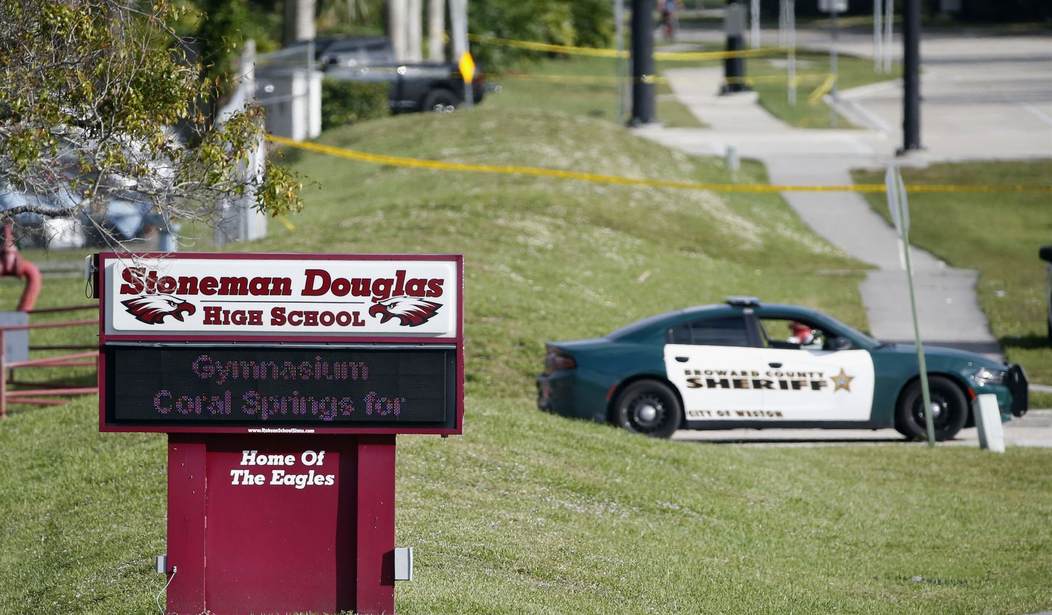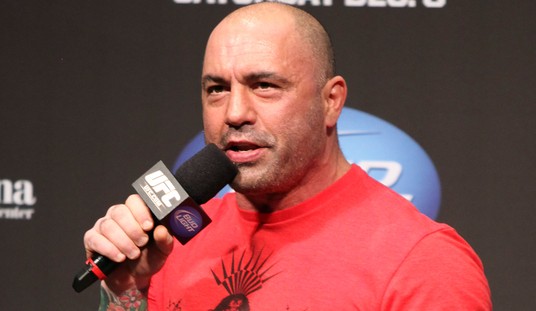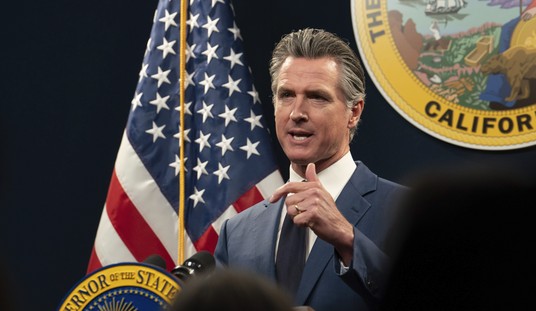“Has your child ever been referred to mental health services?”
This probably sounds like a question you’d hear in the privacy of a pediatrician’s office, where doctors are bound by strict privacy laws. Instead, it’s part of a nosy questionnaire required by the Marjory Stoneman Douglas Act, which supposedly will help reduce school violence and mass shootings.
Mentally ill. We hear this cliché after every mass shooting: “The killer was just mentally ill.” If only we had a way to single out the mentally ill people, mass shootings would magically disappear.
But is there any truth to it? If we let education bureaucrats and social workers rifle through private medical records and ask nosy questions of our kids, will the school shootings stop?
A 2001 study by the American Academy of Child and Adolescent Psychology found that 77% of school shooters had no psychiatric history at all. “Although 23% had a documented psychiatric history, only 6% were judged to have been psychotic at the time of the mass murder,” the report said. “A majority were described as ‘loners’ and abused alcohol or drugs; almost half were bullied by others, preoccupied with violent fantasy, and violent by history.”
Narcissism, a lack of empathy and a history of violent threats and behavior toward others—especially girls—were better predictors of which kids are likely to shoot up a school than a history of “mental illness.” In other words, school shooters are the likelier outcome of bad parenting and toxic social environments than those elusive “biochemical imbalances” we keep hearing so much about.
"If someone has a history of any kind of violent or assaultive behavior, that’s actually a better predictor of future violence than having a mental health diagnosis,” says Dr. Jeffrey Swanson, a professor in psychiatry and behavioral sciences at the Duke University School of Medicine. “If we were able to magically cure schizophrenia, bipolar disorder, and major depression, that would be wonderful, but overall violence would go down by only about four percent.”
Recommended
The idea that all mass shooters were obviously “crazy” before committing mass murder is a myth. The Columbine shooters, Eric Harris and Dylan Klebold, were good students with a solid group of friends. Dylan Klebold was preparing to attend the University of Arizona on a scholarship; the weekend before the shooting, he’d attended the prom with a date. Both, however, had a history of absent and oblivious parents, as well as a fascination with pornography, weapons, and violent movies like “Natural Born Killers.”
Before Elliot Rodger shot up the University of California Santa Barbara campus in 2014, he produced an alarmingly narcissistic, self-satisfied video explaining that he was “the perfect gentleman” who had been denied the sexual favors young women clearly owed to him.
“What I saw on the Rodger video was a well-dressed, wealthy young man who was lucid and speaking hatred in clear language, and who was perfectly in control,” blogger PZ Myers wrote at the time. “Elliot Rodger was a spoiled, entitled kid who had his brain poisoned with this attitude. First he learned that women are disposable, then he learned that they were evil for not having sex with him, and then he rationally put together two delusions and acted on them."
Remember what I said about bad parenting. Also, Rodger was taking the “antipsychotic” drug Risperdal when he shot up the campus—leading me to believe this “mental health system” that schools are hoping to funnel more kids into isn’t working so well.
So what exactly are school officials hoping to accomplish by grilling students about their mental health history?
“A ‘yes’ answer takes the parent away from the front office staff for a private conversation with someone designated by the principal, most likely a school counselor,” the Palm Beach Post reported. “They would then have a private conversation to gather more information that they would log and keep that confidential.”
Pardon my language, but: confidential, my ass.
The obvious goal is singling out students with reported mental health histories for scrutiny and harassment by authority figures at the school, who are operating under the assumption that these kids might turn violent. What sort of “mental health” history will students be forced to disclose so school personnel can target them? If a teenage girl seeks counseling for an eating disorder or self-esteem issues, does that count? What about the mildly autistic kid who becomes depressed and anxious after constant bullying by his classmates?
Bills like the Marjory Stoneman Douglas Act could have uglier outcomes than invasions of students’ medical privacy. The leftists who run the education and social work professions love nothing more than slapping labels on people in order to strip them of their rights and allow authority figures to kick them around: “juvenile delinquent” used to be trendy. But in the age of school shootings, they’ve adopted new labels that make them sound like they’re just looking out For The Children: “mentally ill” is all the rage. Does your child tend to bother his teachers with too many questions? Does he refuse to be spoon-fed left-wing ideology and classroom political correctness? Don’t be surprised if he gets slapped with a “mentally ill” label and is referred to “mental health services”—intended as a black mark on his record that he’ll be forced to disclose in the future.
I don’t trust them, and neither should you. A student’s mental health history is none of the edu-bureaucrats' business.

























Join the conversation as a VIP Member